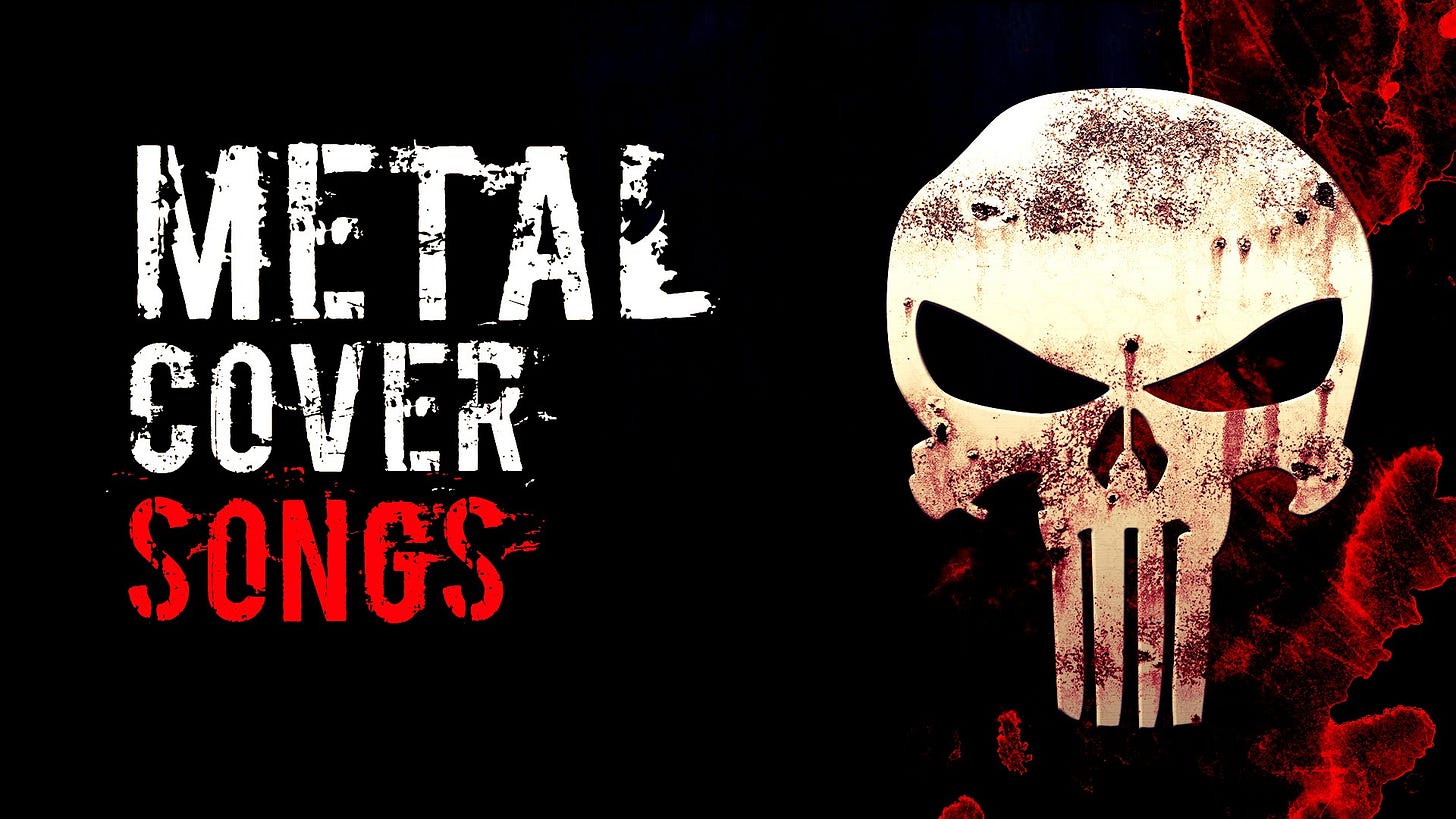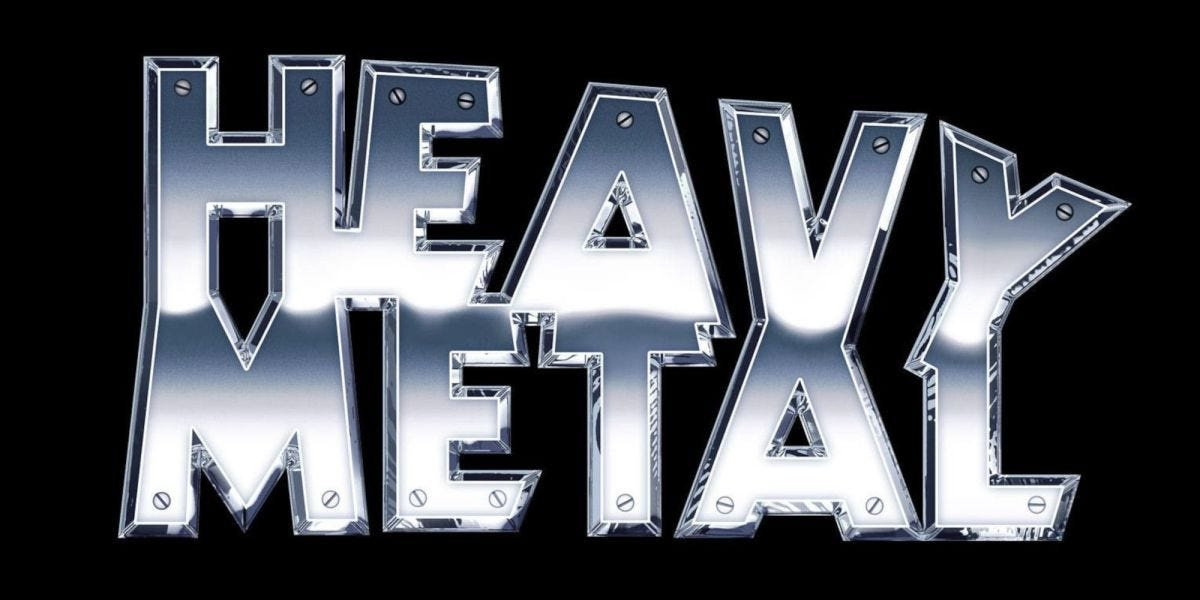Part 2 about valiant efforts that didn’t make the final cut.
Opium Trail—John Norum (original = Thin Lizzy)
The singer on John Norum’s first solo album was Glenn Hughes. I love Deep Purple’s “Burn”, the Black Country Communion stuff but this is just not Glenn Hughes’s song. It’s Phil Lynott’s, and while the John Norum version is a nice homage, the original kills it, as Phil Lynott has a way of singing that’s well-nigh impossible to copy, despite multi-layering1 Hughes vocals on the cover. Let’s call it a different type of soul, and while Hughes can put soul in his voice, he saves that effort for his original work2. Nifty solos from John Norum, though.
The Sound of Silence—Disturbed (original = Simon and Garfunkel)
This one appears on many “best metal cover” lists, but somehow fails to grab me. Why? Maybe because bombast—even a somewhat restrained form of it—can’t replace the intricate harmony vocals of the original. Put the original next to Disturbed’s cover and there is the perfect example of why ‘less is more3’, and no highly-produced, atmospherically-suggestive video, nor more than one billion views on Youtube can compensate for that.
War Pigs—Faith No More (original = Black Sabbath)
To the surprise of quite a few of my metal friends, back in the day, I liked this version more than that of Sacred Reich—who covered it at about the same time. Possibly because Faith No More tried to do more than just make the original heavier (which is what Sacred Reich tried). And Mike Patton’s voice gives it an interesting slant4. And—in an interesting twist of fate—drummer Mike Bordin would temporarily be a part of Black Sabbath—replacing Bill Ward who had health issues5— later on. Unfortunately—despite some excellent drum parts—it’s not enough to rise it above the original, whose haunting atmosphere Faith No More fails to capture, no matter how hard they try.
Supermassive Black Hole—Threshold (original = Muse)
I’m a huge fan of Threshold, and like Rush, I think they just shouldn’t bother with covers because their original material is easily superb. Having said that, I do think their version does improve on the original—shoot me, but I just can’t stand Matt Bellamy’s whiny and syrupy voice on the original and greatly prefer Mac’s vocals—and Karl Groom’s guitars do sound much heavier than Muse’s. Now here’s the difference: when Muse sings about black holes, they mean this metaphorically. When Threshold sings about black holes (alright, somewhat indirectly) on their “Critical Mass” album, they do relate to the actual physical phenomena while also being metaphorical. So why do a cover that’s doing something you do much better yourself, even if it fits your sensibility? In their defence, I must say this was released in a separate fan release; that is, not included on their current album of the time.
Author’s note: Next up is “Honourable Mentions of the Foreshadowing Kind”. What the Hell do I mean with that? Well, these are metal cover songs that didn’t make it into the Top 15, but—sometimes subtly, sometimes abundantly clearly—foreshadow a metal cover song that is in there. Experienced metalheads will see—in almost all cases—which other cover they’re referring to.
And yes, they’re also teasers. Give me some fun, as well. As always, many thanks for reading!
Support this writer:
Like this post!
Re-stack it using the ♻️ button below!
Share this post on Substack and other social media sites:
Join my mailing list:
Join the conversation and add your thoughts—leave a comment!
OK, Lynott’s vocals were also overdubbed in the original;
As he should;
Thus, it’s better to quote it shortly in one of your own songs, as Rush did it “The Spirit of Radio”;
Although he goes too far—in the end—in the live version of this cover;
At one point somebody—I forgot who, but it was not Mike Bordin—quit Ozzy Osbourne’s band because of ‘health issues’. Comment from Ozzy: “I got totally sick of him.”;





